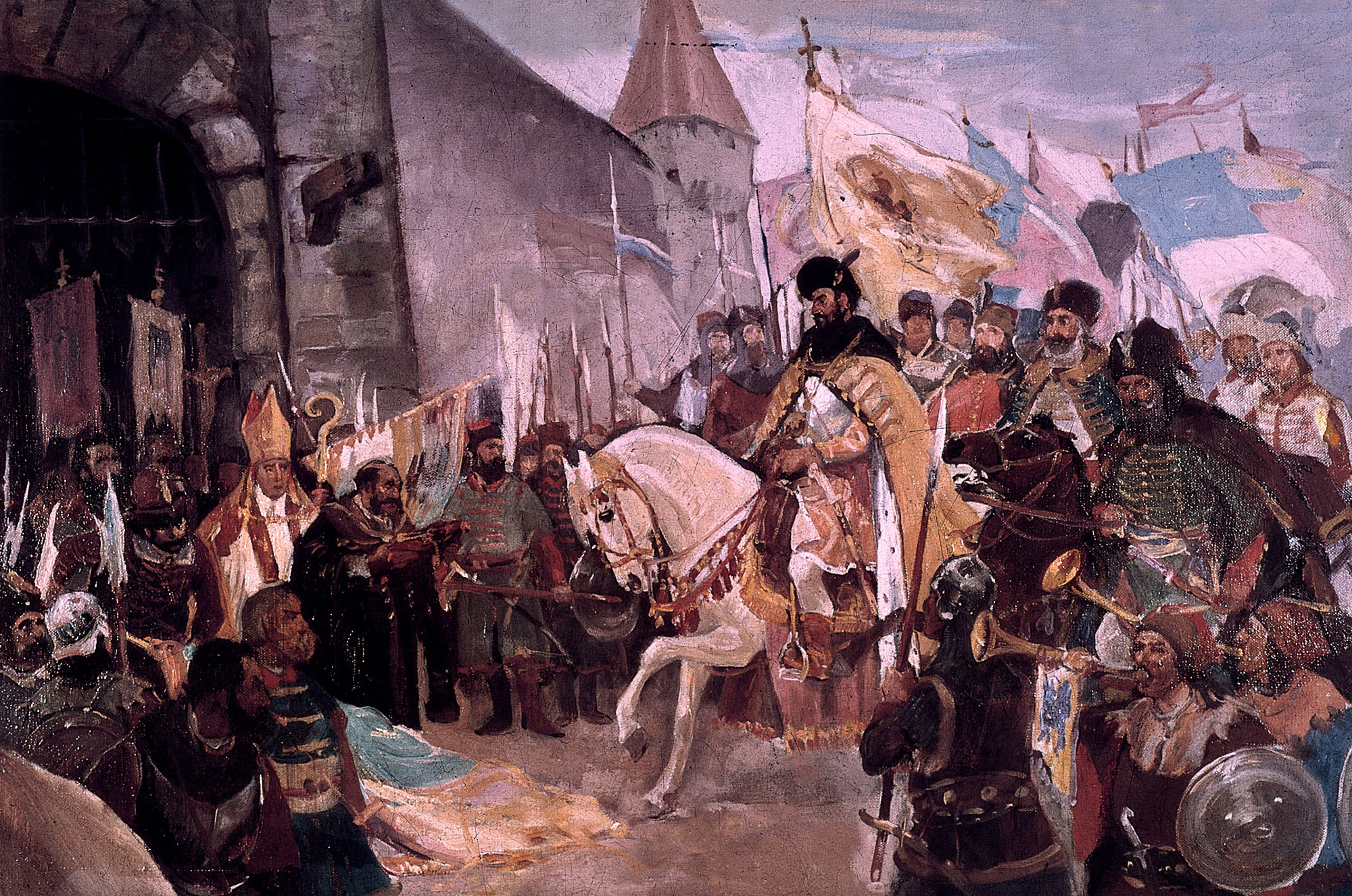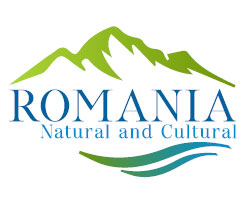
Exploring and Writing Term Papers on Romania’s History
Romania’s history is a fascinating tapestry of events, cultures, and personalities that have shaped not only the region but also the broader contours of European history. The significance of Romania’s historical landscape extends beyond its borders, offering a unique lens through which we can explore themes of resilience, cultural intermixing, and the evolution of societies. This rich historical backdrop provides an abundant reservoir of topics for college term papers, each capable of shedding light on different facets of human civilization and historical dynamics. By selecting compelling topics related to Romania’s history, students have the opportunity to contribute meaningful insights to academic discussions, demonstrating the relevance of Romania’s past to contemporary issues. The introduction of Romania’s historical gems as a foundation for academic research and term paper writing service invites students to embark on a journey of discovery, exploring the depths of historical narratives to uncover new understandings and perspectives.
The Basics of Term Paper Writing
Before diving into the complexities of Romania’s history, a term paper writer must grasp the essentials of academic writing.
A term paper, particularly on a historical subject, demands a blend of comprehensive research, critical thinking, and clear articulation of ideas.
The process begins with identifying a research question or thesis statement that guides the investigation.
Following this, writers must engage in meticulous research, sourcing information
from both primary documents and secondary analyses to build a robust foundation for their arguments.
The importance of crafting a custom term paper cannot be overstated; it reflects an in-depth exploration of the chosen topic,
showcasing the writer’s ability to synthesize complex information into coherent, insightful arguments.
This segment underscores the steps to write a term paper that not only meets academic standards
but also contributes a unique perspective to the field of historical studies.
Selecting Your Topic
Choosing a topic for your term paper on Romania’s history is both an exciting and daunting task. The country’s rich past, with its medieval castles, ancient civilizations, national heroes, and pivotal historical events, offers a plethora of themes to explore. However, the key to crafting an engaging and informative term paper lies in selecting a unique angle. This involves looking beyond the surface to find less-explored aspects of Romanian history that can offer fresh insights and contribute to scholarly discussions. Whether it’s an in-depth analysis of a specific medieval fortress, a critical examination of Romania’s role in the wider context of European history, or an exploration of the cultural impacts of historical events, choosing a distinctive topic will ensure your term paper writing stands out. This section provides guidelines on how to navigate the selection process, encouraging students to approach Romania’s history with curiosity and creativity.
Researching Romania’s Historical Gems
Conducting thorough research is the cornerstone of any impactful custom term paper. When exploring Romania’s historical gems, it’s vital to distinguish between primary and secondary sources, understanding the value and limitations of each. Primary sources, such as historical documents, artifacts, and testimonies, offer direct insights into the past, allowing researchers to draw their conclusions. Secondary sources, including scholarly articles, books, and analyses, provide interpretations and contextualization that can enrich understanding. Additionally, if possible, incorporating field studies by visiting Romanian historical sites offers hands-on experience and a tangible connection to the subject matter. This section offers tips for effectively gathering and utilizing data, emphasizing the importance of a diverse research approach that combines traditional academic resources with experiential learning opportunities.
Organizing Your Findings
Once the research phase is complete, the next step is to organize your findings into a coherent structure. This is where creating an outline becomes indispensable. An effective outline serves as a roadmap for your college term paper, ensuring that your arguments flow logically from one point to the next. Begin by categorizing your research findings under thematic headings that correspond to your term paper’s main sections. This could include historical contexts, analysis of events, discussions on national heroes, or explorations of cultural impacts.
In synthesizing the information, strive to weave your data into compelling narratives or arguments that support your thesis statement. It’s crucial to analyze and interpret your findings rather than merely presenting them. Consider what the historical data reveals about Romania’s culture, society, or geopolitical developments. The role of the term paper writer is not just to inform but to persuade and engage the reader through well-crafted arguments supported by evidence.
Writing the Term Paper
Introduction
Begin with a captivating introduction that sets the scene for your paper. Introduce your thesis statement clearly and concisely, outlining the central argument or perspective that your paper will explore. This section should grab the reader’s attention and provide a clear indication of the term paper’s scope and significance.
Body
The body of your term paper is where you delve into the key historical gems and their relevance to Romanian culture and history. Each paragraph should focus on a specific aspect of your topic, presenting evidence, analysis, and interpretations that support your overall thesis. Ensure that each section transitions smoothly to the next, maintaining a cohesive narrative throughout.
It’s crucial to maintain academic integrity by avoiding plagiarism and citing your sources correctly. This not only lends credibility to your work but also demonstrates respect for the scholarly community’s norms and ethical standards.
Practical Tips
1. Be concise and focused, ensuring that each sentence contributes to your argument.
2. Use quotes sparingly and only when they significantly enhance your narrative.
3. Incorporate visual aids, such as maps or images, to complement your text and provide additional context.
4. Maintain an objective tone, presenting your analysis without bias.
Editing and Revising Your Term Paper
The importance of revision cannot be overstated. It’s through the iterative process of reviewing and refining your work that your term paper reaches its full potential. Begin by checking for coherence and flow, ensuring that your arguments are presented logically and clearly. Pay attention to grammar, punctuation, and stylistic consistency, as these elements are crucial for readability and professionalism.
Seeking feedback is a valuable step in the revision process. Share your draft with peers and tutors, or consider asking your professor for professional insights. This external perspective can highlight areas for improvement that you might have overlooked.
Finalize your paper by ensuring all requirements are met, from the word count to formatting guidelines. Double-check that your arguments are clear and supported by evidence and that your conclusion effectively encapsulates the insights gained from your research.
Final Thoughts
In your conclusion, summarize the key insights gained from exploring Romania’s historical sites and their significance. Reflect on the research and writing process, considering how it has deepened your understanding of Romania’s history and its relevance to broader historical narratives. Encourage your readers to continue exploring Romania’s rich historical heritage, suggesting areas for future research or questions that remain unanswered.
This conclusion should not only tie back to your thesis statement but also leave the reader with a lasting impression of the importance and richness of Romania’s history. It’s an opportunity to underscore the value of engaging deeply with historical research and the unique insights it can provide into our present and future.


